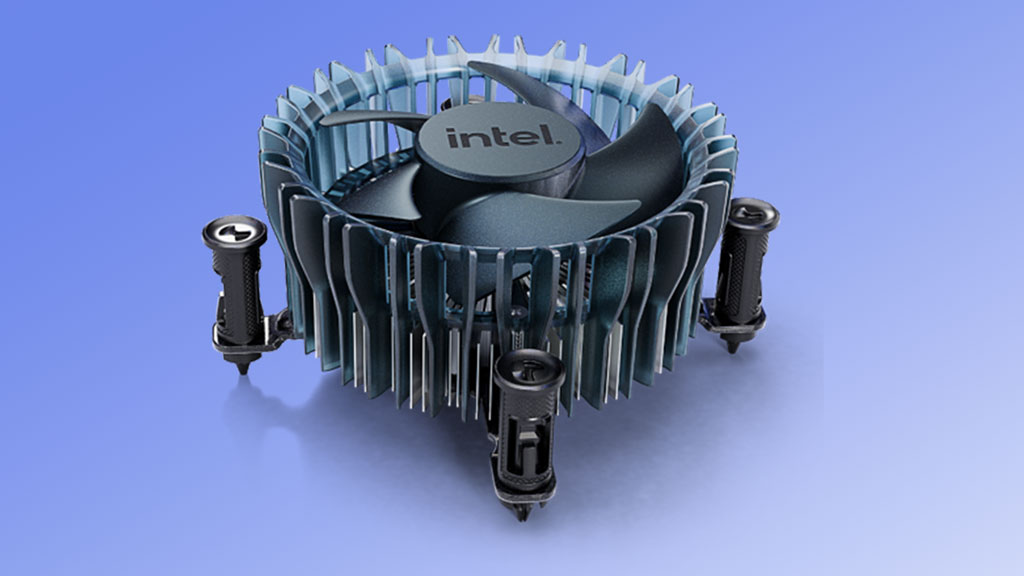Intel enforces strict tariff compliance for steel and aluminum shipments amid new U.S. tariffs
Impact on costs is expected.

Intel is introducing new compliance policies for its suppliers, now that the U.S. has imposed new 25% tariffs on aluminum and stainless steel and eliminated all exemptions -- materials that are of surprising importance to the semiconductor industry.
On the surface, one might associate the company with silicon and little else. In fact, Intel uses quite a lot of metals beyond its semiconductor production facilities. Intel's integrated heat spreaders (IHS) use nickel-plated copper or aluminum for cheap SKUs, and CPU sockets and stiffening frames use stainless steel, as do brackets for various add-in-boards (accelerators, graphics cards, ethernet cards, etc.).
Heatsink fasteners are made of stainless steel, and screws are of course made of stainless steel too, whereas cooling systems use heatsinks made of aluminum and copper (including the Laminar RH1 and RH2) as well as fasteners made of steel.
Since Intel uses quite a lot of aluminum and stainless steel, the company has implemented strict requirements for suppliers shipping products containing steel or aluminum into the United States due to updated U.S. tariff regulations effective March 12, 2025. These updates include a 25% additional duty on covered aluminum and steel products and their derivatives.
To comply with customs and avoid shipment delays or penalties, Intel requires suppliers to provide detailed information about the materials used in their products. This includes the weight and value of aluminum and/or steel, as well as specific details about the origin of the metal.
For aluminum and its derivatives, suppliers must declare the primary and secondary countries of smelt and the country of the most recent cast. In the case of recycled aluminum products, the country of origin of the imported article must be specified. For steel components, suppliers must report the country where the steel was first melted and poured and must continue providing a steel mill certificate.
Intel has made available an official affidavit form that suppliers must complete and submit to the provided email address to support customs clearance.
Get Tom's Hardware's best news and in-depth reviews, straight to your inbox.
Suppliers using third-party manufacturers or brokers or purchasing ready-made items from local markets are still responsible for tracing and reporting this information. The lack of traceability does not exempt a product from compliance as suppliers must take steps to gather the data regardless of how the item was acquired.
Even parts like warranty replacements or tools and pre-facility kits are subject to these duties, with metal value defined by its purchasing price before any processing. Intel emphasizes working closely with the supply chain to maintain transparency and regulatory compliance, encouraging all partners to use official channels and documentation to support smooth and lawful importation.

Anton Shilov is a contributing writer at Tom’s Hardware. Over the past couple of decades, he has covered everything from CPUs and GPUs to supercomputers and from modern process technologies and latest fab tools to high-tech industry trends.
-
ottonis I wonder how these regulations will affect pricing beyond of new tariffs.Reply
These new transparency rules do add a sizeable chunk of extra work to the manufacturers, which might be reflected by increased prices. -
Captain Awesome Is this almost as much of a hassle for business as the EU Supply Chain Act? Which requires European companies to ensure human rights and environmental standards throughout their global supply chains, potentially leading to civil liability and fines for non-compliance.Reply -
COLGeek Focus of these articles should be in regards to the technology impacts, not political rants. There are better venues for that, rather than here.Reply
Off topic, irrelevant content will be removed.